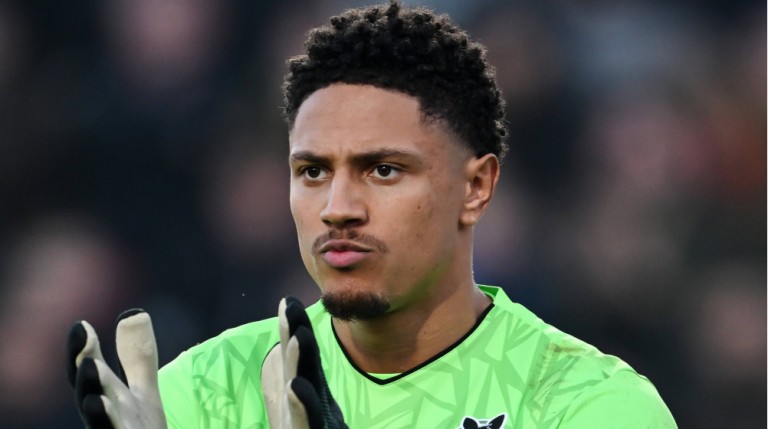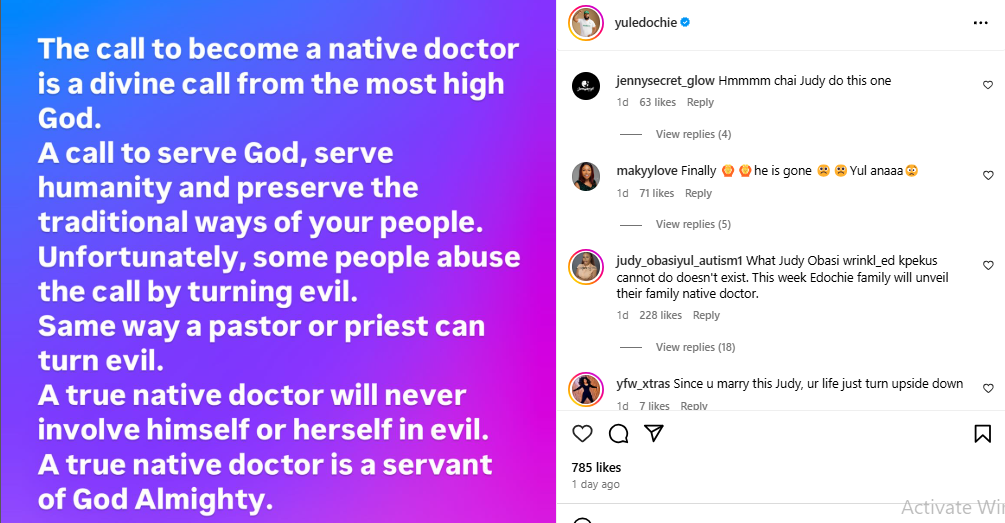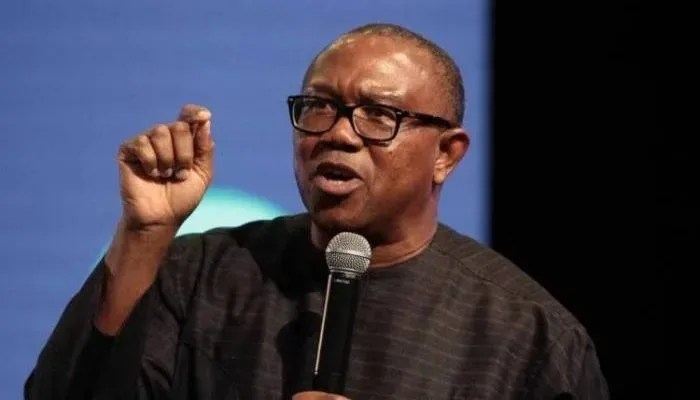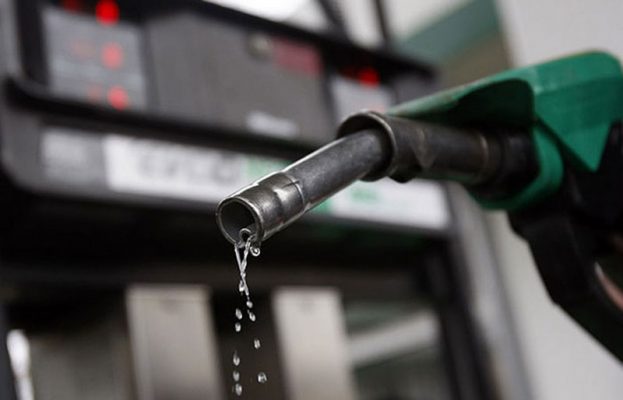A presenter at Orisun FM (OSBC’s station in Ile-Ife) aired a five-minute segment promoting CBEX Trading Exchange Global — a now-defunct fraudulent investment scheme.
The broadcast was unauthorised, and the presenter acted independently, without approval from OSBC’s editorial board.
Disciplinary action has been taken against the presenter.
An internal investigation was launched and confirmed the act was not sanctioned by OSBC.
The corporation emphasized its commitment to ethical journalism, credibility, and public trust.
OSBC explicitly stated it had no ties—commercial or otherwise—with CBEX.
OSBC used this incident to warn the public about fraudulent investment schemes, especially during tough economic times.
They reminded audiences that fraud tactics keep evolving, and both media houses and the public must remain vigilant.
The EFCC is now investigating the CBEX scheme.
They noted that public warnings had already been issued before CBEX collapsed, though many people still fell victim.
This isn’t just about one rogue presenter—it’s a cautionary tale about how misinformation, even for a few minutes, can have real-world consequences. Trust in the media depends on vigilance, both internally and from the audience.






















